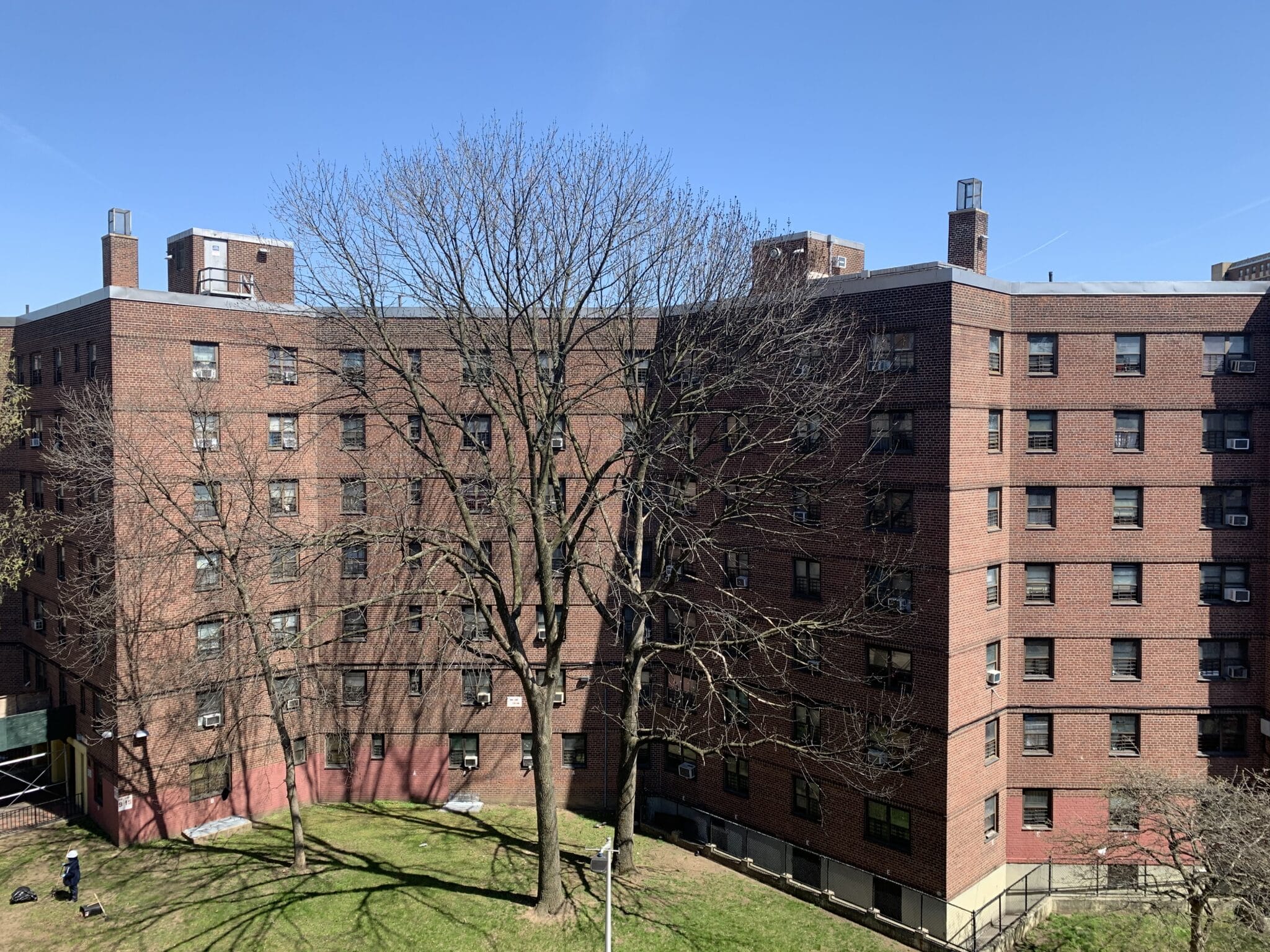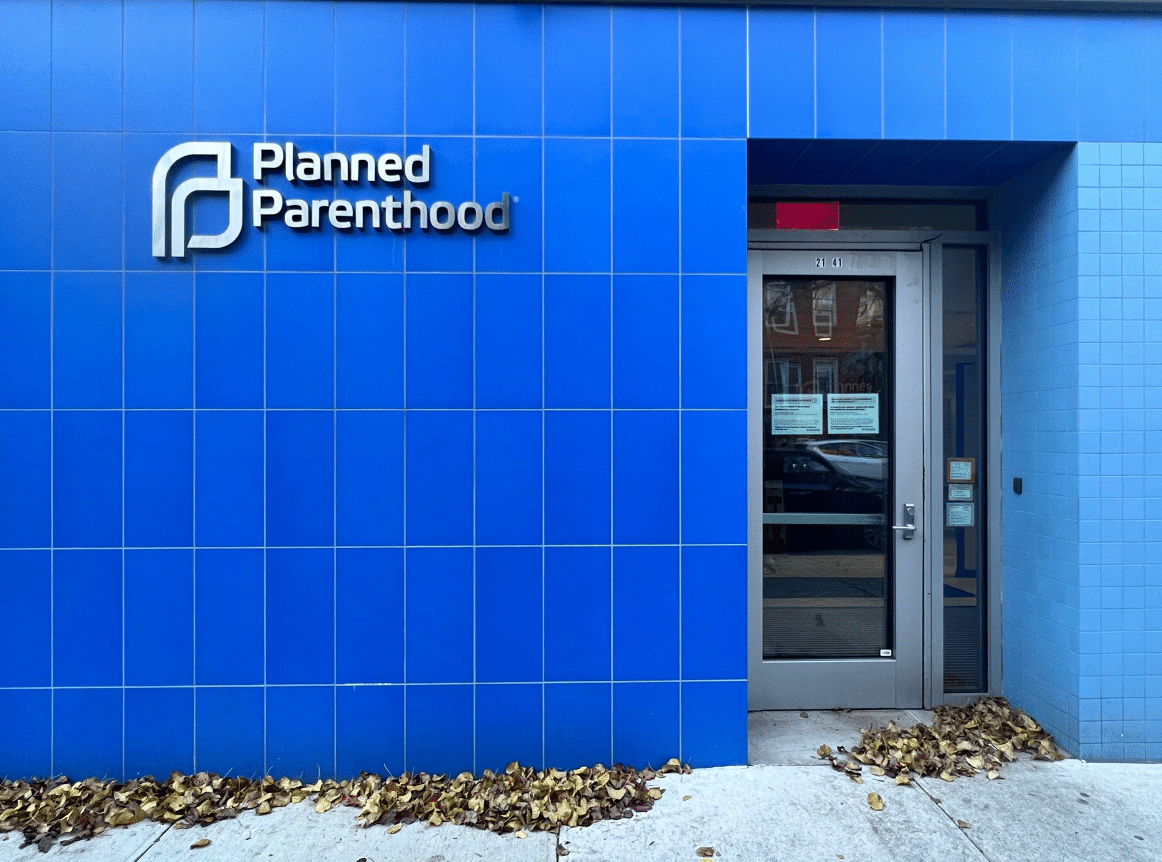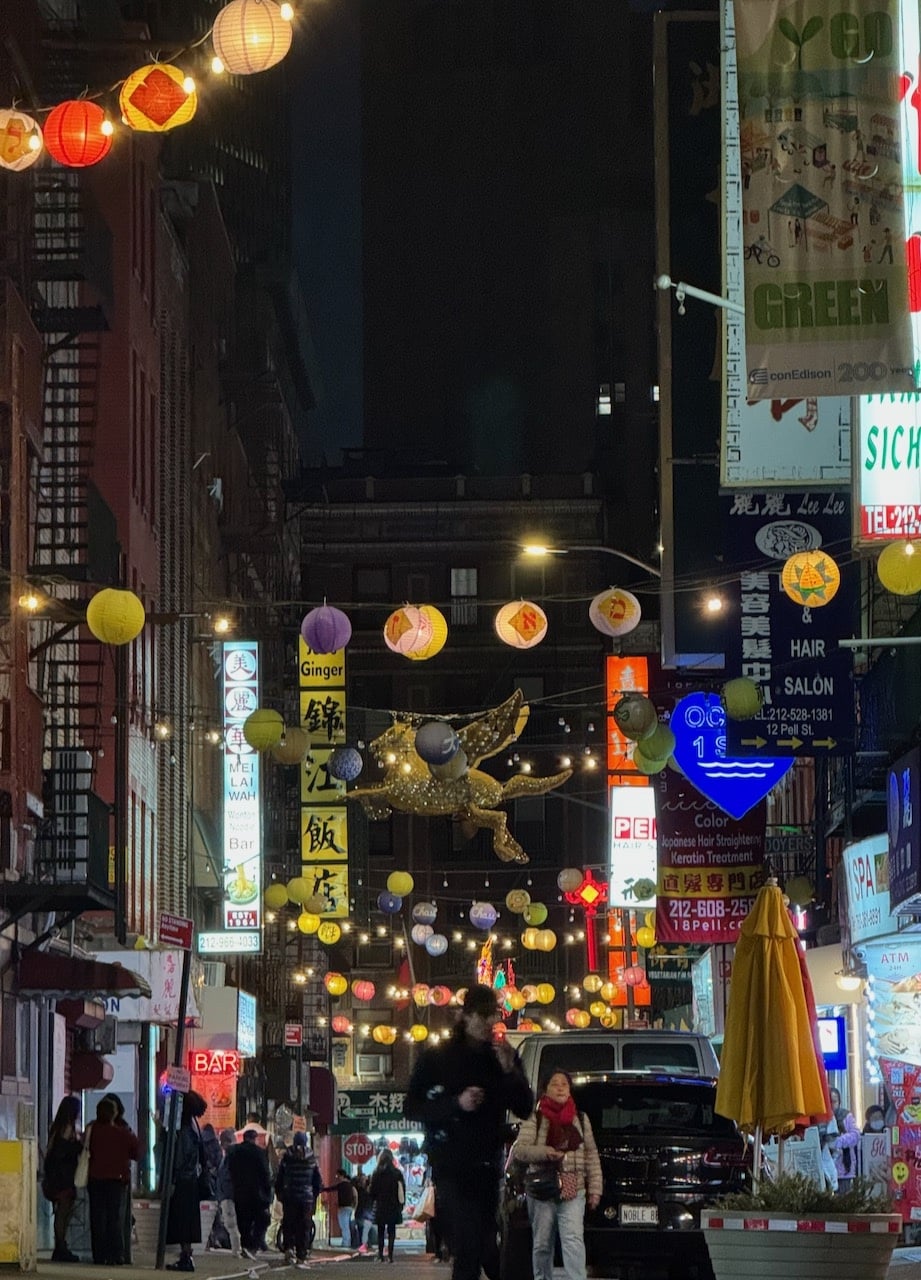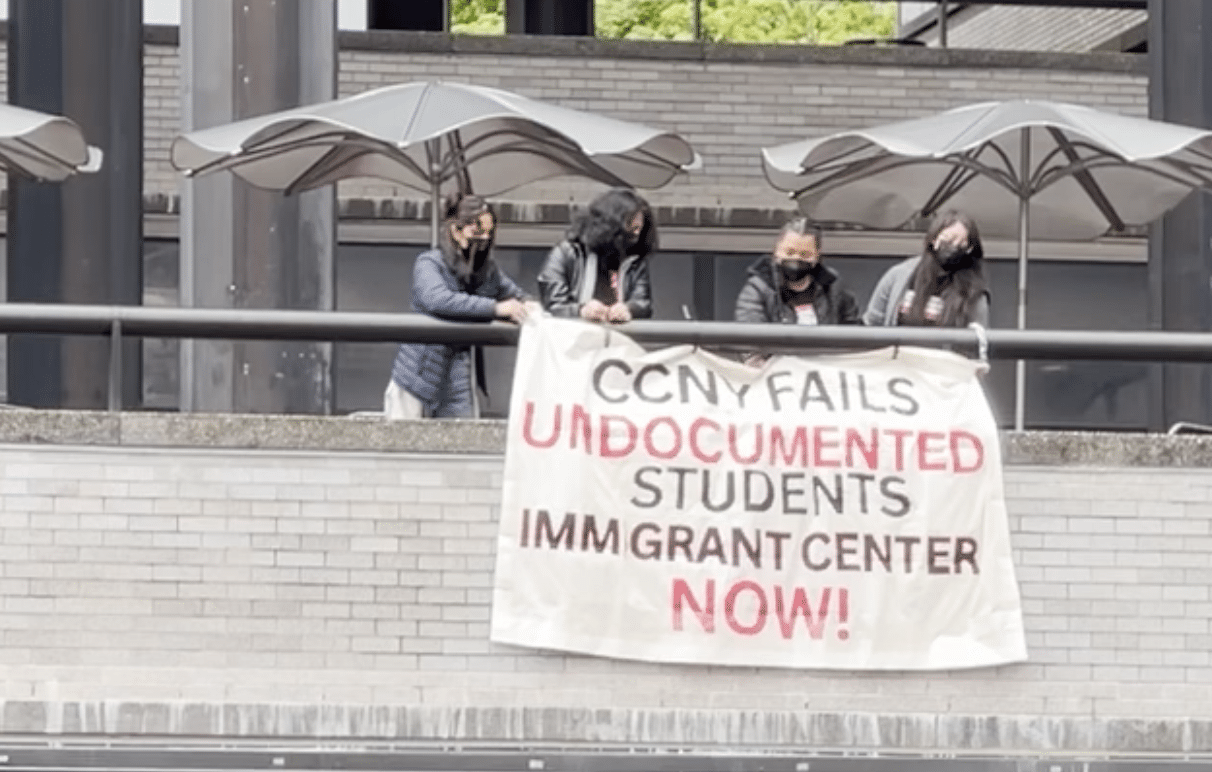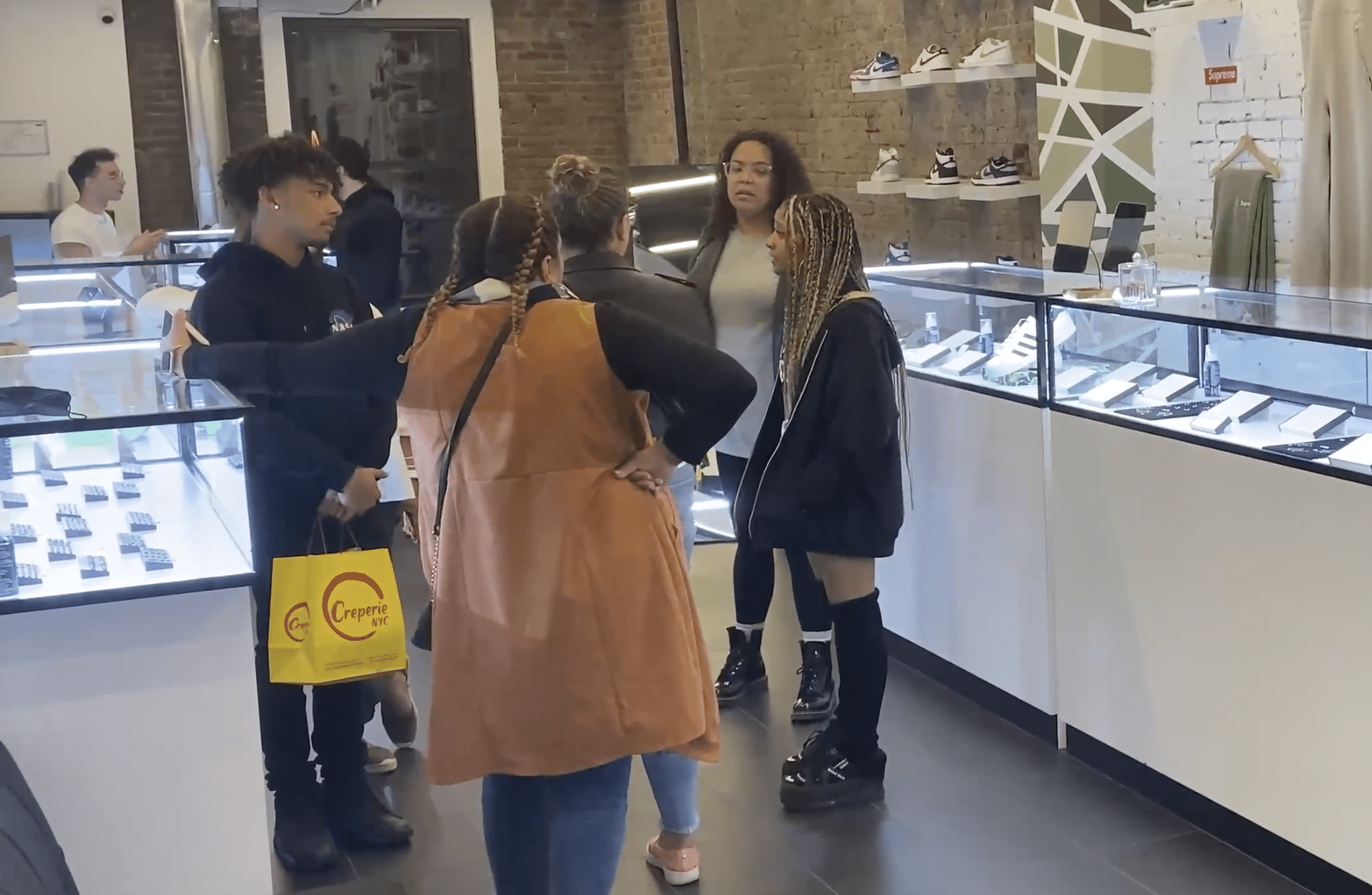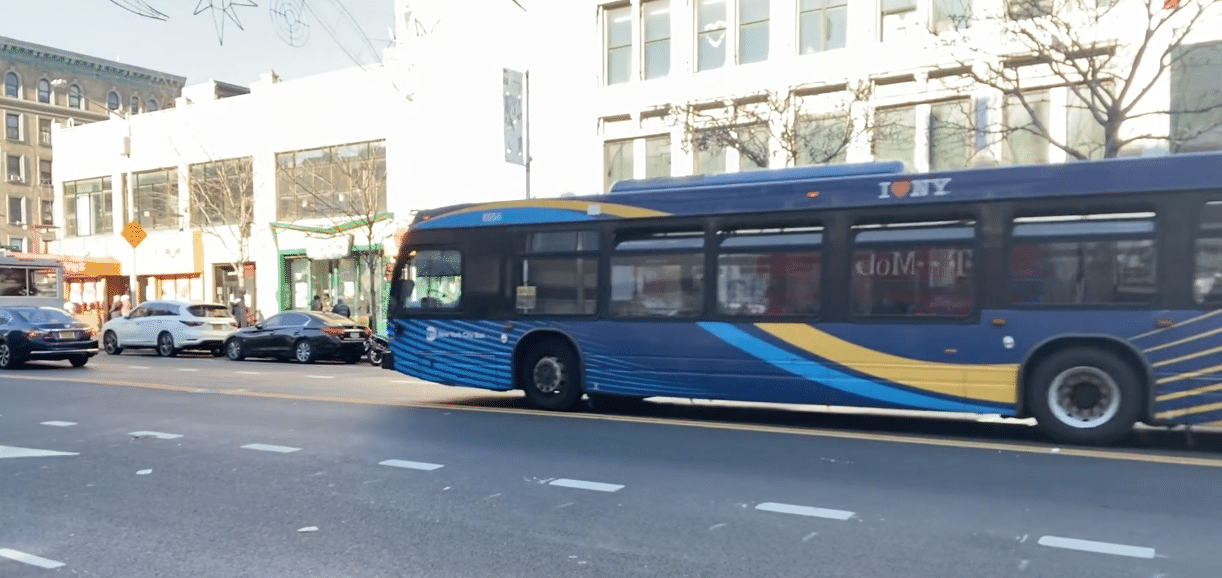The community aspect of Ramadan—prayers and the Iftar celebration—has been sorely missed over the last two years. Photo by Mahmuda Khatun.
“This Ramadan I am planning to invite my friends and neighbors,” Shahida Rahman said. The Queens mother of four missed the social gatherings during the past two years that usually accompany Ramadan. COVID kept them isolated. She worried about the safety of her pre-school children and her mother-in-law who lives with her family. “Because of the virus I was not able to visit the mosque or my friends or neighbors. My youngest kids were not vaccinated, and my mother-in-law was not healthy,” she said.
Many people in the Astoria Muslim community interviewed for this story want to get together with others during Ramadan this year. But they still feel traumatized by the COVID pandemic. COVID reshaped the traditional Ramadan. Usually, people gather at a mosque to pray during Ramadan and then have a huge meal with family and friends, called Iftar, to break the fast each day. During the past two years many prayed at home and didn’t have family or friends in for a joyous meal.
“Last year during Ramadan I was not able to go to any of my neighbor’s houses. But I was able to share food with my neighbors. I felt happy even though it was not the same as being together,” Hamida Khatun said. The Astoria resident lives with her husband and attends the mosque called the Islamic Center of Bosnia and Herzegovina near her apartment. She looks forward to being with other people this year. “I hope this Ramadan we can have the traditional experience of Ramadan,” she said.
While many want to be with others, they still worry. Even with the vaccine and recommended guidelines people are still scared to attend a large gathering in the mosque. Shahida Rahman’s 18-year-old son wants to attend the night prayer, called Taraweeh, in the mosque with other men. But she is afraid. “I may ask my son to avoid any mass gathering at the mosque due to my concern with not strict COVID protocols in New York. I think it will be difficult to pray with a mask inside the mosque and many may not wear the mask,” she said.
“We thank Allah that the situation this year has become better, but I am still afraid to attend any large gathering,” Syeda Binte Sayeed said. The Long Island City resident lives with her husband and two daughters a 20-minute walk from the Islamic Center of Bosnia and Herzegovina. “I always enjoyed coming to the mosque to pray,” she said. The past two years coping with COVID made her wary and nervous. She enjoyed previous Ramadan celebrations. She recalled how she always greeted Muslim sisters with big hugs, how she ate with them during Iftar and prayed with them. But she is afraid to do it this year.
The trauma of COVID seems to have affected others the same way. Marina a single mother with three children didn’t want us to use her last name. She has a reason to feel scared. “I lost my husband because of coronavirus in the year 2020. I did not go to the mosque in 2021. This year the situation is better, but I still want to avoid the crowd,” she said.
Sabiha Islam, 26, and her husband have a 3-year-old daughter. They live in a small apartment in Astoria. “I feel blessed,” she said. But she is uncertain about how she will deal with the mosque and celebrations. “Living with the pandemic the past two years was hard, and it still scares me to be in a crowd of people I do not know,” she said.
Tags: Coronavirus COVID COVID protocol COVID-19 CUNY Journalism Iftar Islam Islamic Center of Bosnia and Herzegovina Mahmuda Khatun Mosque Muslim NY NYC Prayer Queens Ramadan Ramadan celebrations social distancing The City College of New York
Series: Community

